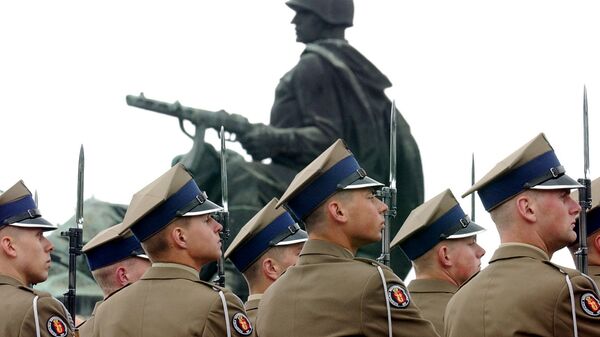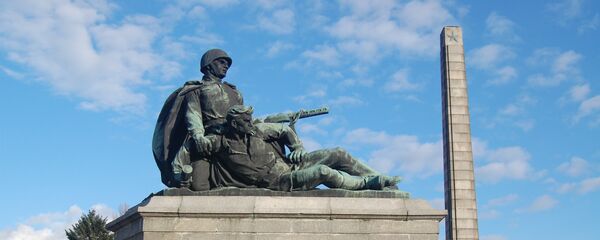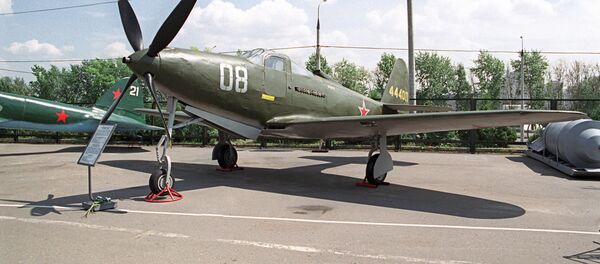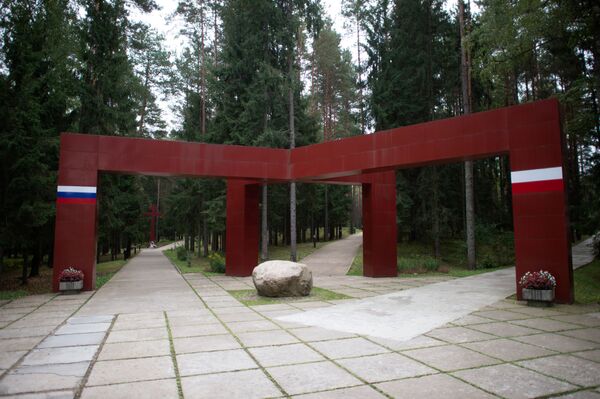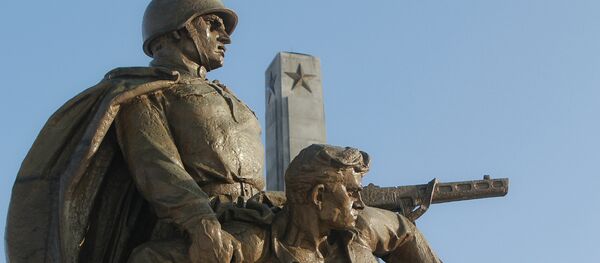Russia is prepared to take asymmetric measures against Poland in response to the government's decision to dismantle hundreds of monuments dedicated to the Soviet and Soviet-allied Polish forces who fought to free the country from Nazi occupation during the Second World War.
A source in the Russian Foreign Ministry told the Izvestia newspaper that "Polish authorities must understand that their unfriendly actions in the memorial sphere will not be left without consequences. Adequate, asymmetrical retaliatory measures will be taken against Poland."
Experts say that any new economic restrictions could have a significant impact on the Polish economy. According to Russia's Federal Customs Service, Poland accounted for about $13 billion US, or 2.8% of Russia's total trade turnover, in 2016. Polish agricultural producers have already faced difficulties following the loss of the Russian market in 2014, when Moscow introduced countersanctions measures against US and its European allies over the crisis in Ukraine.
According to Izvestia's source, Moscow is also considering other tools, including "economic measures of influence, and active work at a variety of international venues to draw attention to the issue."
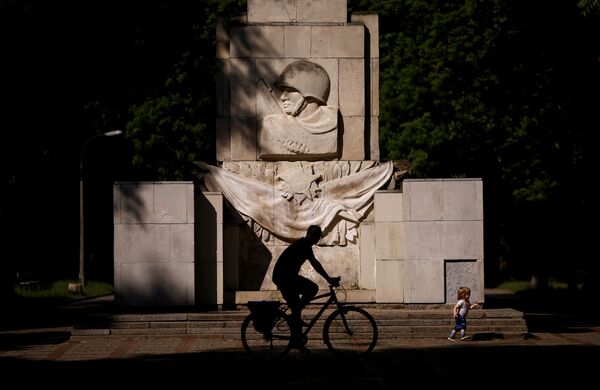
Russia and Poland were drawn into a diplomatic scandal earlier this month, after Polish authorities passed amendments to a law on decommunization which allowed for the destruction of hundreds of monuments and shrines to the Soviet and Soviet-allied Polish troops who fought to free the country from the Nazis during World War II.
Speaking to Radio Sputnik, political scientist Yuri Svetov said that his biggest gripe was that Poland's current authorities seek to deprive the Polish people of the memory of what Soviet soldiers did for them.
"The situation is deplorable," Svetov said. "It's deplorable in the sense that the history of the Second World War does more to unite us with Poland than to divide us. In spite of the complexities of the situation in 1939 [when the USSR signed a non-aggression treaty with Germany], between 1941 and 1945, we were allies. It was the USSR that insisted that Poland be included among the victor nations. It seemed that Soviet-Polish cooperation in the fight against fascism was a part of history that would bring our people together."
"But the authorities in Poland changed," the observer said. "A different view was taken on Soviet-Polish and Russian-Polish relations. An emphasis was placed on the tragic pages – on what divides our peoples, and not what unites us…The decision of the Polish parliament is a continuation on that theme."
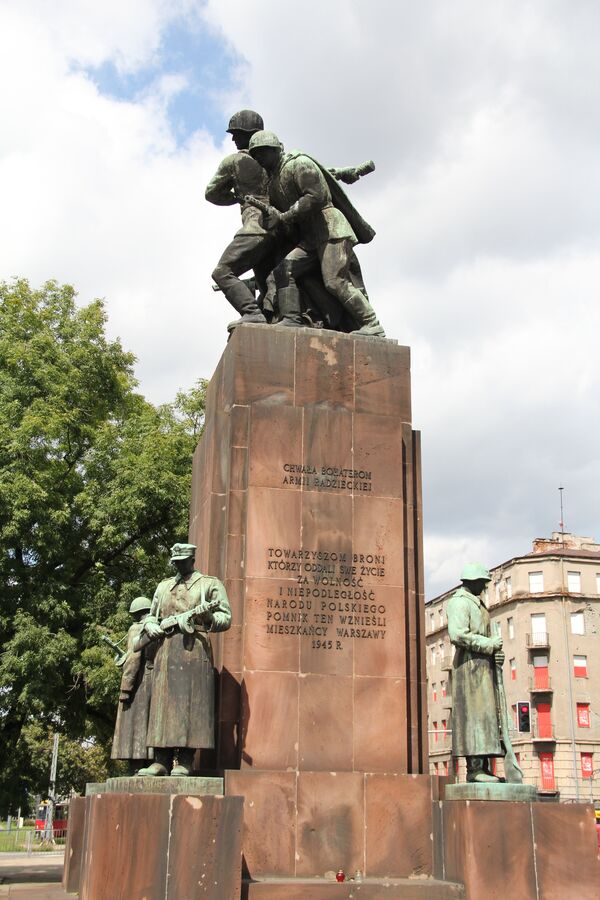
At the same time, Svetov stressed that he was convinced that "among the Polish people, the memory of what Soviet soldiers did to free them from the Nazis lives on. The visible manifestations of this memory are the monuments to Soviet soldiers. According to the current logic in Warsaw, these monuments must be removed, out of sight and out of mind. For me, there is also a personal aspect to this story: my father fought to liberate Poland, and was in Warsaw during the war years."
According to Svetlov, Moscow must now think very carefully about Russia's official response. "Our response is a very delicate thing," he said. "After all, we're not going to participate in a 'war of monuments' and destroy the monuments in our country which remind us of our ties with Poland."
Russia has memorial complexes in Katyn and Mednoye, dedicated to the Polish officers killed by Soviet security forces in 1940, as well as a monument outside Smolensk at the site where the Polish president was killed in an air catastrophe in 2010.
For his part, Vladimir Simindey, a senior researcher at the Russian Historical Foundation, told Sputnik that Poland's authorities' efforts are concentrated not so much at rewriting history, as on reinterpreting it to cast the Red Army in a negative light.
"Poland was liberated entirely by Soviet troops, so it's difficult to try to belittle this feat," the expert said. "Rather, it's a matter of reinterpretation, i.e. approving those interpretations in which the Soviet army is presented in a negative light."

Furthermore, the scholar noted that unfortunately, "there is a certain dissonance in the understanding of the word 'liberation'. The Poles want to interpret it as liberation from everything bad and the creation of everything good. We, by the word liberation, mean freedom from the most terrible evil of the 20th century – liberation from Nazism. In this sense, the ingratitude which exists today at the state level in Poland with respect to the memory, heroism and losses of the Soviet soldiers is frankly disgusting."
The amendments to the law on decommunization will come into force in October. According to Poland's Institute of National Memory – the state-supported institute which promoted the monuments' destruction, the law will affect an estimated 230 monuments.
